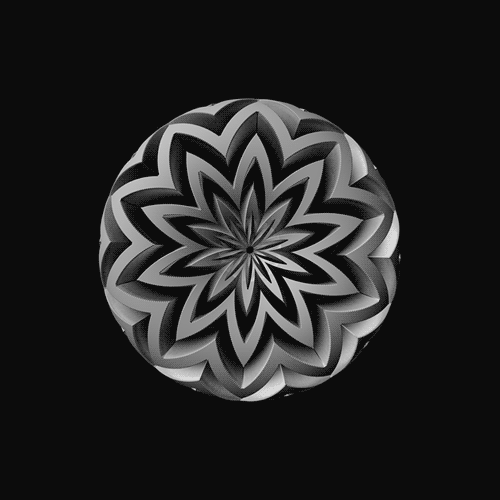Chocolate lovers can rejoice again: More research has found that the antioxidants in dark chocolate can help slightly lower blood pressure.
But the good news comes with a caveat -- the chocolate portions have to be limited to 30 calories a day, which works out to slightly more than one Hershey's Kiss.
Such small amounts of the flavanol-rich cocoa found in dark chocolate "may be a promising behavioral approach to lower blood pressure in individuals with above-optimal blood pressure," the German researchers reported in their study.Unlimited quantities of chocolate won't work, they added, because "the potential blood pressure reduction contributed by the flavanols could be offset by the high sugar, fat and calorie intake with the cocoa products."
Unlimited quantities of chocolate won't work, they added, because "the potential blood pressure reduction contributed by the flavanols could be offset by the high sugar, fat and calorie intake with the cocoa products."
The current study, published in the July 4 issue of the Journal of the American Medical Association, included 44 adults between the ages of 56 and 73 who either had blood pressure levels in the upper range of normal (considered prehypertension) or they had stage 1 high blood pressure.
None of the study volunteers had other risk factors for heart disease, which means they weren't overweight, didn't smoke, didn't have diabetes or high cholesterol or kidney disease. Additionally, the study participants didn't take additional vitamins or supplements, and the only cocoa-containing products they consumed during the study period were those provided by the researchers.
For 18 weeks, half of the group was asked to consume 30 calories a day of dark chocolate containing polyphenols (a type of antioxidant), while the other half was given 30 calories a day of white chocolate, which has nearly all of the same ingredients as the dark chocolate but no polyphenols.
By the end of the study, the average systolic blood pressure (the top number, which measures the force of blood coming from the heart) dropped by 2.9 mm Hg and the average diastolic blood pressure (the bottom number, which measures the force of blood returning to the heart) dropped by 1.9 mm Hg in the dark chocolate group. There was no change in blood pressure for the white chocolate group.
"Although the magnitude of the BP reduction was small, the effects are clinically noteworthy. On a population basis, it has been estimated that a 3-mm/Hg reduction in systolic BP would reduce the relative risk of stroke mortality by 8 percent, of coronary artery disease mortality by 5 percent, and of all-cause mortality by 4 percent," the authors reported in a prepared statement.The research was led by Dr. Dirk Taubert, of University Hospital of Cologne, who has done previous research on the effects of cocoa on high blood pressure.The authors suspect that dark chocolate may increase levels of nitric oxide, a compound that helps to relax and open the blood vessels.
An American nutrition expert found the results promising."If you're someone with marginal high blood pressure, and if you eat chocolate anyway, switching to a small piece of dark chocolate daily may give you some benefit. It lowered the upper number about 3 points," said Jo Ann Carson, a professor of clinical nutrition at University of Texas Southwestern Medical Center at Dallas.
Carson recommended looking for dark chocolate that has cocoa content higher than 50 percent. She also pointed out that people who are sensitive to caffeine's effects should be careful about consuming dark chocolate, because the caffeine content is higher than in milk chocolate."Dark chocolate doesn't give you as much caffeine as a cup of coffee, but if you start eating it in the evening, you might notice the caffeine," she said.
Additionally, if you have underlying health problems, this study's results probably don't apply to you, according to nutritionist Angela Kurtz, from New York University Medical Center."This study was designed to look at the effects of chocolate in individuals who didn't have severe hypertension or other medical problems, and they weren't overweight. If you're diabetic or you have kidney disease, you cannot add chocolate to your diet," she said.
"Moderation is the key. As long as you can have good control of your eating habits, and you can balance chocolate consumption with physical activity to offset the calories, then you can enjoy it," Kurtz added.
But she also cautioned that "chocolate is not a magic bullet but is one little tool for people who are relatively healthy."
More informationThe American Heart Association details a previous study on the benefits of dark chocolate for blood pressure.Last reviewed: 07/03/2007 Last




No comments:
Post a Comment